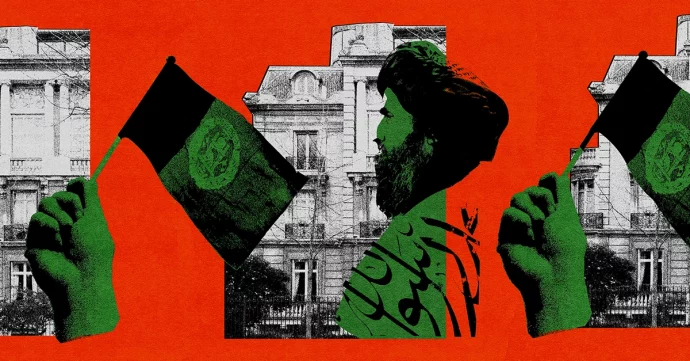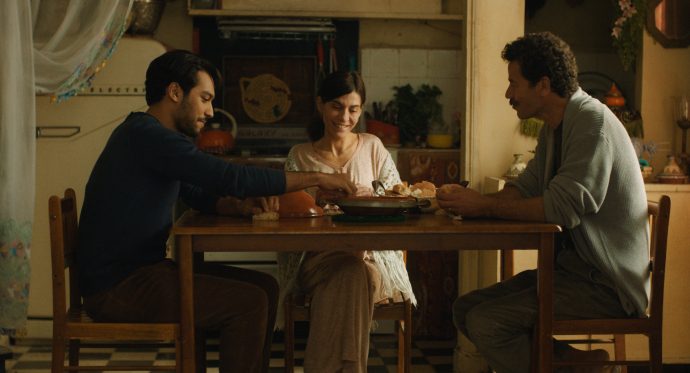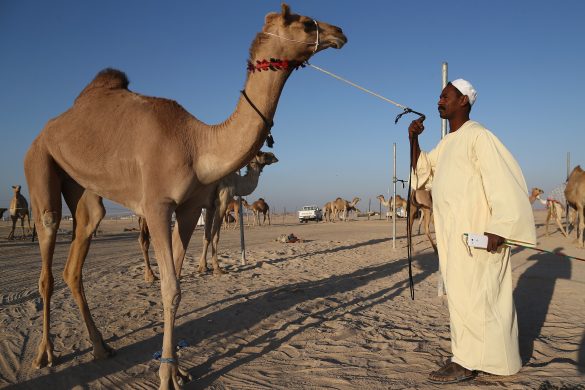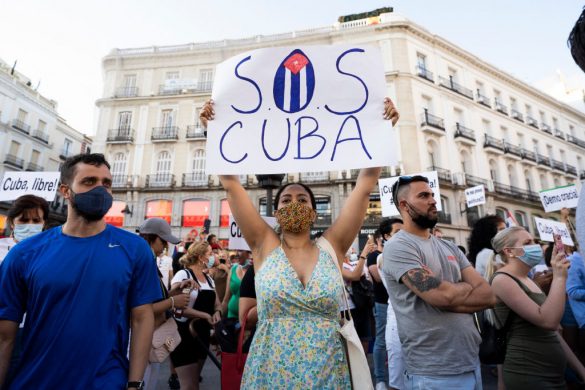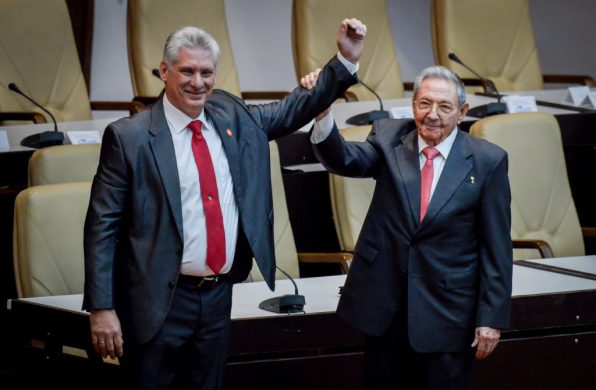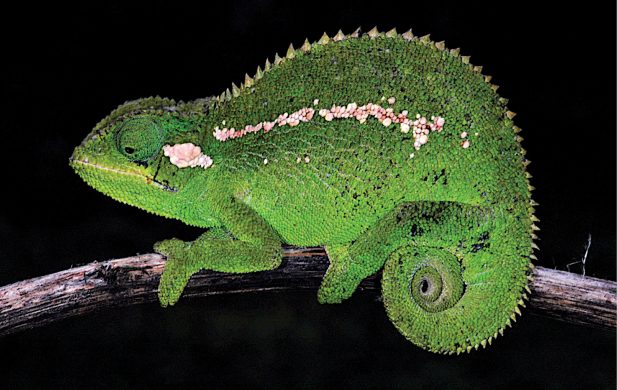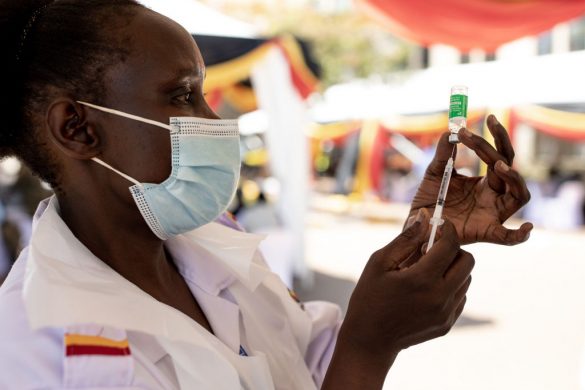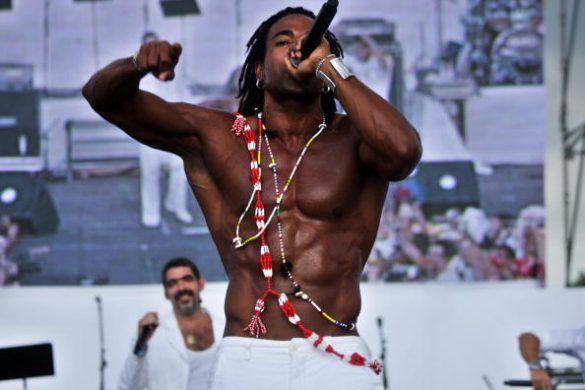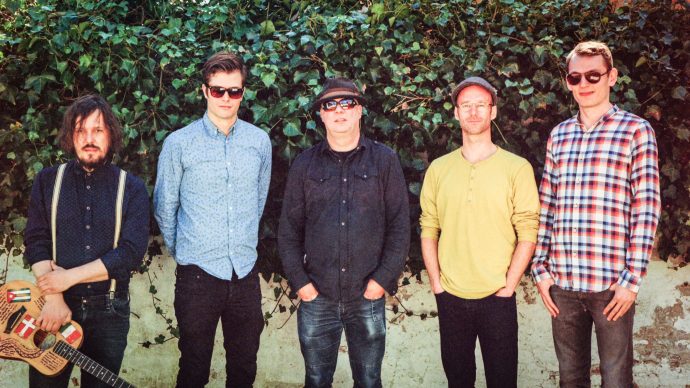A new generation of independent female journalists is emerging in Cuba, despite ongoing censorship and repression.
Cuba ranked 173rd out of 180 countries in the latest Freedom of the Press Index from Reporters Without Borders. Although internet access and economic freedoms have been growing following the 2013 US-Cuba détente, these changes have been accompanied by a human rights crackdown.
Alas Tensas have emerged over the last two years. All are headed by women.
Government control and censorship
Female journalists say they have been empowered by the spread of the internet on the island, even though content has been strictly supervised by the state since Cuba first connected to the web in 1996.
At first, locals could get access to the internet at some hotels catering for foreigners, although this was expensive, or through their workplaces, universities or via computing clubs.
In 2013, Cuba launched an initiative to increase public access to the internet, albeit still characterised by tight government controls and censorship.
Opportunities online have made all the difference for people like Regina Coyula, who heads a recent list by the US-funded media outlet Martí Noticias of 20 communicators to keep an eye on in Cuba, alongside five other women.
BBC blog “Voices from Cuba” in 2014.
She noted that Cuban journalistic output was not exclusively produced on the island itself but also involved reporters and editors working in many other countries.
Carla Colomé, 26, is part of a generation of young journalists who learnt their trade at Cuban universities. She is now an editor and reporter with El Estornudo, an online magazine with a growing reputation among Cuban independent media.
MISLEADING STATISTICS
Læs hele artiklen hos Institute for War and Peace Reporting (IWPR)
her.


